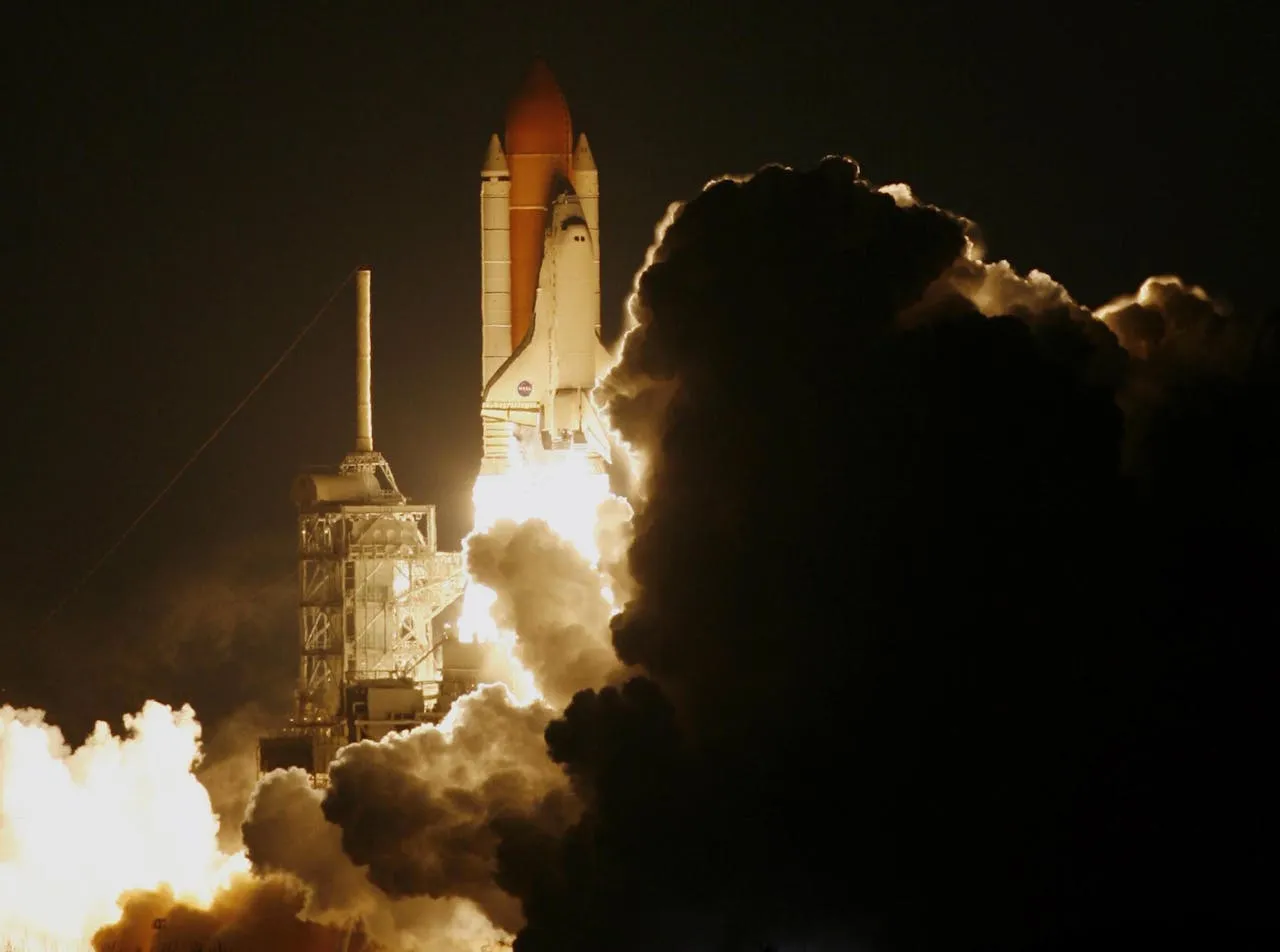
Rocket Lab Awarded Key MACH-TB 2.0 Hypersonic Launch Contract by Kratos for the U.S. Department of Defense
A global leader in launch services and space systems, has been awarded a major launch contract by Kratos Defense & Security Solutions, Inc. to support a hypersonic test flight under the U.S. Department of Defense’s (DOD) Multi-Service Advanced Capability Hypersonic Test Bed (MACH-TB) 2.0 initiative. This new agreement marks a pivotal step in accelerating the U.S. government’s testing capabilities for next-generation hypersonic technologies amid intensifying global competition.
Under the MACH-TB 2.0 contract, valued at $1.45 billion, Rocket Lab will provide launch services using its Hypersonic Accelerator Suborbital Test Electron (HASTE) vehicle. The mission is scheduled to launch no earlier than the first quarter of 2026 from Rocket Lab’s Launch Complex 2, located at NASA’s Wallops Flight Facility on Wallops Island, Virginia.
A Strategic Contract Award Under a Nationally Critical Program
This launch marks the first full-scale flight test to be awarded by Kratos under the MACH-TB 2.0 contract. The MACH-TB program is designed to increase the cadence and variety of testing options available to U.S. defense agencies for hypersonic technologies, which are rapidly becoming a focal point of military modernization efforts.
Rocket Lab’s inclusion in the MACH-TB 2.0 program follows its earlier success supporting the initial MACH-TB initiative. Since 2023, the company has completed three successful suborbital launches under MACH-TB, including two flights executed within just three weeks of one another—an achievement that demonstrates both responsiveness and reliability in a domain where time-sensitive development is critical.
Kratos, serving as the prime contractor, leads a team of elite technology and aerospace firms selected to fulfill various elements of the MACH-TB program. Rocket Lab was formally added to the MACH-TB 2.0 team in January 2025.
The HASTE Platform: Designed for Rapid and Flexible Hypersonic Testing
Rocket Lab’s HASTE vehicle plays a central role in supporting hypersonic technology demonstrations. A suborbital derivative of Rocket Lab’s Electron—currently the most frequently launched small orbital rocket in the world—HASTE was specifically developed to meet the growing demand for flexible, high-performance hypersonic testing platforms.
HASTE incorporates many of Electron’s proven technologies, such as lightweight carbon composite structures and 3D-printed Rutherford engines, while being uniquely modified for suborbital missions. Its redesigned Kick Stage and increased payload capacity of up to 700 kilograms (1,540 pounds) make it ideal for testing a wide array of payload configurations.
The rocket is capable of deploying payloads at speeds exceeding 7.5 kilometers per second, making it suitable for evaluating hypersonic air-breathing engines, glide bodies, ballistic payloads, and re-entry technologies. These capabilities make HASTE one of the few commercial platforms that can emulate the extreme conditions encountered during high-speed flight and atmospheric re-entry—conditions essential for validating new defense systems.
CEO Perspective: Accelerating Hypersonic Development
“In less than two years since its first launch, HASTE has quickly emerged as a leading commercial test platform for hypersonic systems,” said Sir Peter Beck, Founder and CEO of Rocket Lab. “With our operational speed and cadence, and the ability to serve multiple mission profiles all in one platform, HASTE is helping to move the needle on hypersonic innovation. I’m confident this will be the first of many new opportunities to serve the nation through the MACH-TB program, and we’re proud to be working alongside Kratos to bring this test flight to the launch pad on a rapid timeline.”
Sir Peter Beck’s remarks reflect Rocket Lab’s broader mission to democratize access to space and provide reliable, fast-paced launch capabilities for both commercial and government customers. The MACH-TB 2.0 award further reinforces Rocket Lab’s status as a trusted partner for national security missions.
A Growing Manifest of Hypersonic Missions
This newly awarded MACH-TB 2.0 mission joins a rapidly expanding manifest of hypersonic flight tests planned for Rocket Lab in 2025 and 2026. Upcoming missions include a launch for the Defense Innovation Unit (DIU) involving a scramjet-powered vehicle operating at hypersonic speeds, a continuation of a multi-launch contract with defense contractor Leidos for five missions under the original MACH-TB program, and another test flight for a confidential government customer.
These contracts underscore the increasing demand for flexible, commercial launch solutions that can support the evolving needs of defense innovation programs. With the global landscape of hypersonic development heating up, the ability to test and iterate quickly has become a strategic priority for the United States and its allies.
Expanding Global Defense Collaborations
Beyond its involvement in MACH-TB, Rocket Lab’s HASTE platform has recently been selected for participation in two other high-profile defense initiatives. In the United States, HASTE is now eligible under the U.S. Air Force’s $46 billion Enterprise-Wide Agile Acquisition Contract (EWAAC). This inclusion allows Rocket Lab to compete for task orders related to the development and deployment of advanced aerospace capabilities, broadening the company’s footprint in national security launch operations.
Across the Atlantic, the HASTE platform has also been onboarded to the United Kingdom Ministry of Defence’s Hypersonic Technologies & Capability Development Framework (HTCDF). This £1 billion (~$1.3 billion) initiative aims to accelerate the UK’s development of hypersonic technologies, enabling collaborative opportunities between allied defense sectors and commercial aerospace companies.
Looking Ahead
With growing demand for hypersonic testing and an increasingly agile military acquisition environment, Rocket Lab is well positioned to deliver critical capabilities at scale. The MACH-TB 2.0 contract highlights the trust placed in Rocket Lab by top-tier defense partners and reinforces the company’s strategic vision of supporting the most advanced and urgent defense technology programs.
As the hypersonic race intensifies globally, Rocket Lab’s continued investments in rapid-response launch platforms and vertically integrated manufacturing are set to play an increasingly central role in shaping the future of aerospace innovation.

